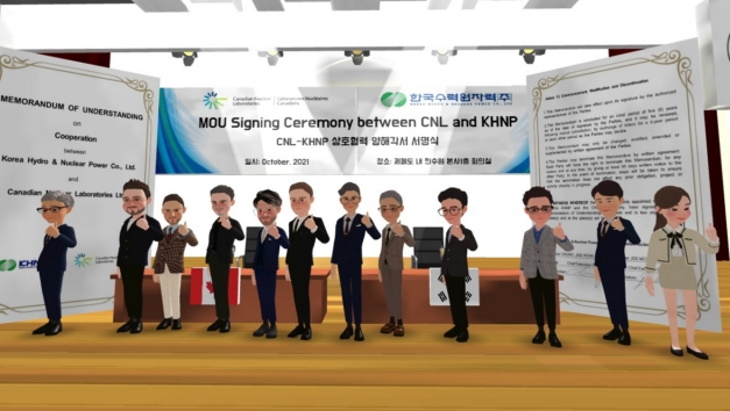CNL has operated multiple Candu prototype and test reactors at the Chalk River, Douglas Point, Gentilly and Whiteshell sites and has also managed used fuel and performed supporting research for these and other commercial reactors for many decades, the organisation said. Its Chalk River Laboratories campus is also home to shielded facilities and advanced materials research capabilities that are uniquely equipped to conduct post-irradiation examination on used Candu fuels.
South Korea's 24 operable reactors include three Canadian-designed Candu reactors at the Wolsong site, all of which entered operation in the mid-to-late 1990s. The first Candu unit at the site - Wolsong 1 - was permanently closed in 2019, over 36 years after first entering commercial operation. To safely manage the spent fuel from these operations, KHNP has been preparing to start a research project focusing on the long-term management of Candu used fuel in dry storage.
"CNL and KHNP have a shared interest in advancing research related to the management and disposal of spent nuclear fuel, so this partnership will benefit both organisations," said CNL General Manager and Deputy Vice-President of Environmental Remediation Management Kristan Schruder. "And it is our hope that we can continue to build on this collaboration, exploring other areas where we have common interests, including decommissioning and waste management technologies and practices."
Candu reactors are pressurised heavy water reactors (PHWRs) which use natural uranium fuel and can be refuelled whilst online. As well as the 19 units currently in operation in Canada and the three in South Korea, Candus are also in operation in Argentina, China, India, Pakistan and Romania. India also operates indigenously-designed PHWR reactors based on the Candu design.








_97013.jpg)






